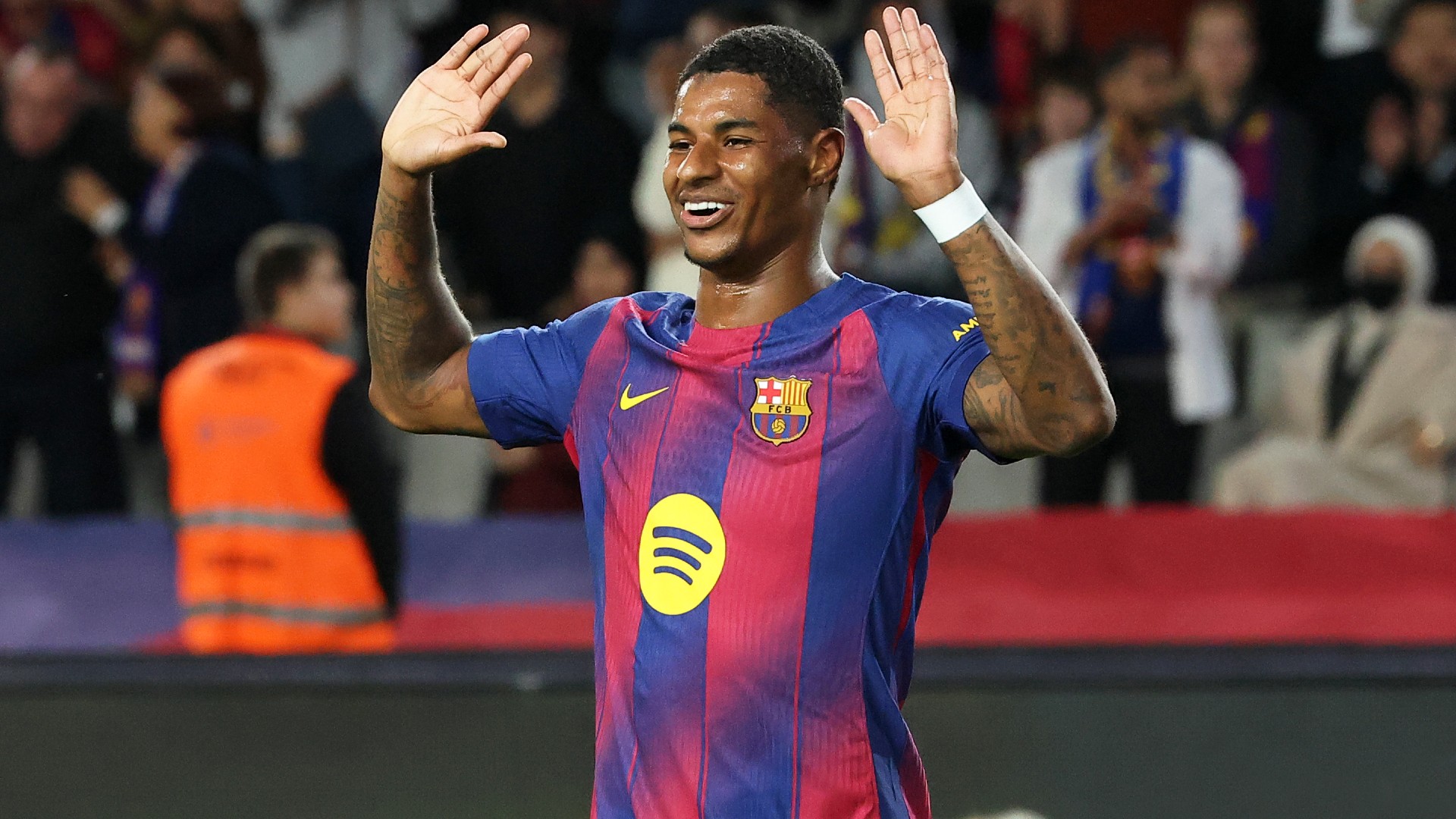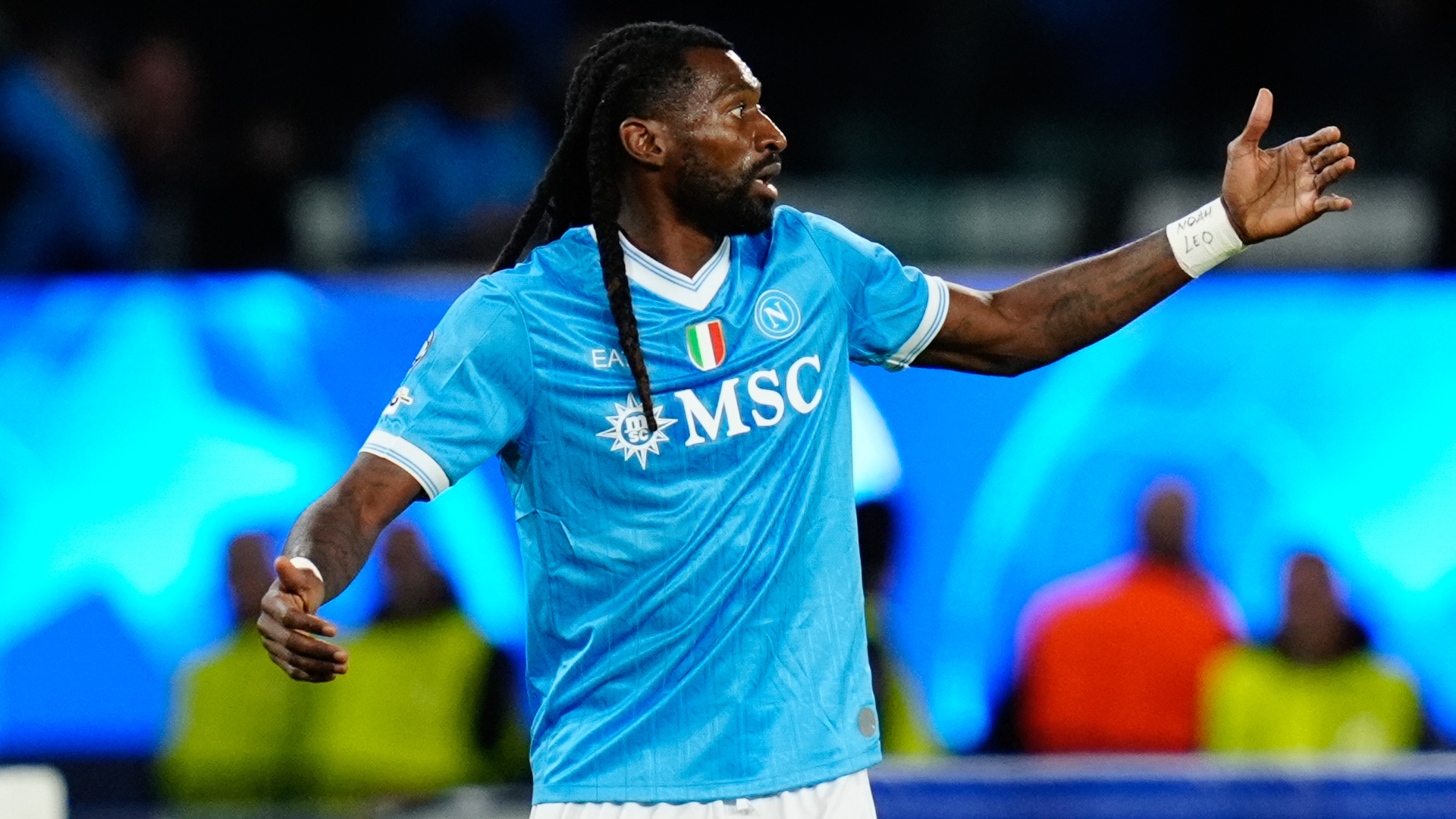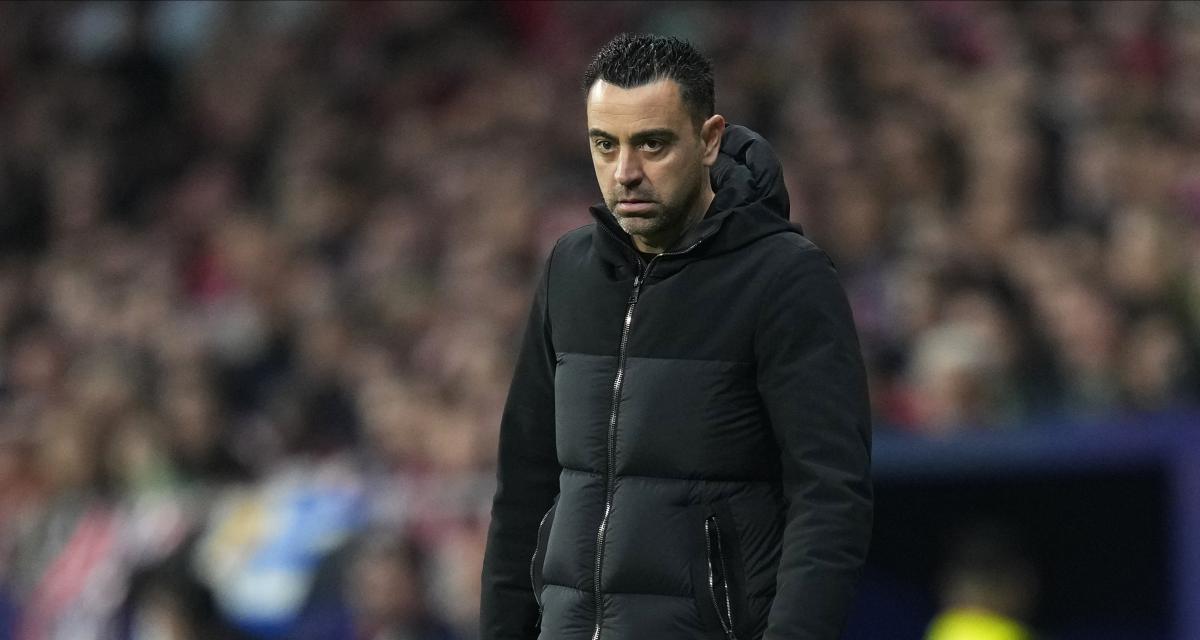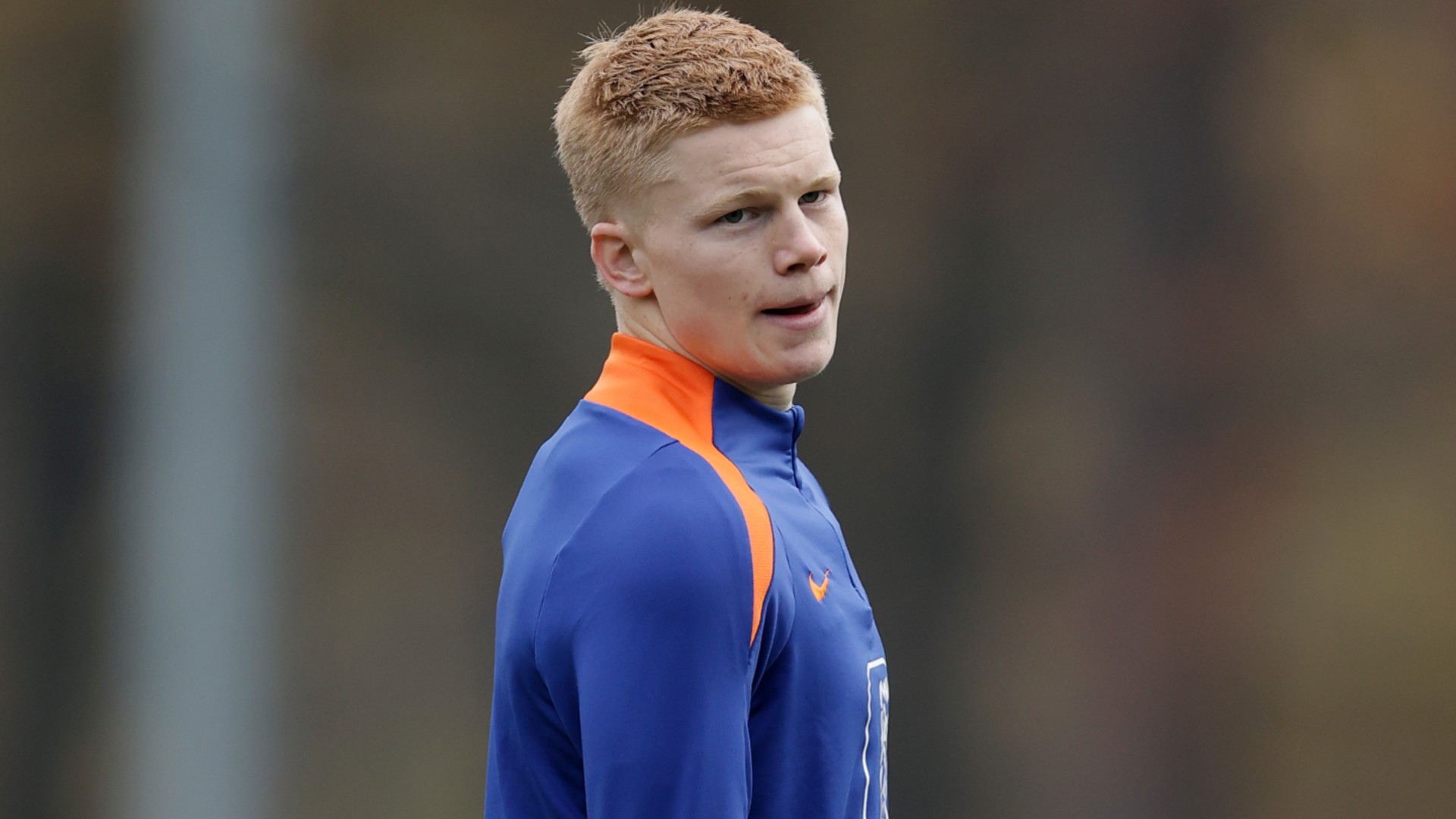Antoine Griezmann’s Darkest Night: Ten Years After the Horror in Paris
A decade after the attacks that shook the French capital, the story of Antoine Griezmann and his sister Maud resurfaces as one of the most harrowing accounts connected to the world of sports. On November 13, 2015, while the forward played a friendly between France and Germany at the Stade de France, his sister survived the massacre at the Bataclan concert hall. Two different settings, both targeted during the terrorist attacks that changed the course of an entire country.
Inside the stadium, the match went on as neither players nor fans understood the origin of the explosions echoing around the venue. One of them went off while Patrice Evra had possession, triggering a confused reaction from the crowd, unaware of the magnitude of what was happening. The attackers never gained access to the stadium, and the game continued under orders from the authorities, even though both managers were informed of the tragedy during halftime. Even then-president François Hollande had to be evacuated from the VIP box.
Antoine on the pitch, Maud under fire
While the current Atlético de Madrid player was substituted in the 79th minute and finished the match without understanding what had unfolded outside, Maud was living her own nightmare inside the Bataclan. Cornered alongside hundreds of people, she threw herself to the ground when the gunfire erupted. “Someone next to me moved and they shot them. Then the silences were worse. You didn’t know what was happening,” she later recalled.
When security forces stormed the venue, Maud took advantage of the chaos to flee through a back exit. Not knowing exactly how, she managed to get into a taxi and asked the driver to take her home. That ride, almost unbelievable today, symbolized her return to life amid the tragedy.
A wound that never fully heals
That night, the Griezmann family lived through their own hell, though both siblings came out unharmed. On social media, Antoine Griezmann posted a message that still resonates: “Thank God my sister was able to get out of the Bataclan. All my prayers are with the victims and their families. Long live France.” Despite the years that have passed, the forward has rarely spoken publicly about that night.

Maud, meanwhile, chose to process it close to her loved ones. Without professional psychological support, she found comfort within her inner circle. “Obviously, it stays with you,” she once said. “I try to put things in perspective to move on, but I don’t want to forget.”
Ten years later, the memory remains alive. And the Griezmanns’ story stands as a reminder of a day when football, for a moment, stopped mattering at all.





















